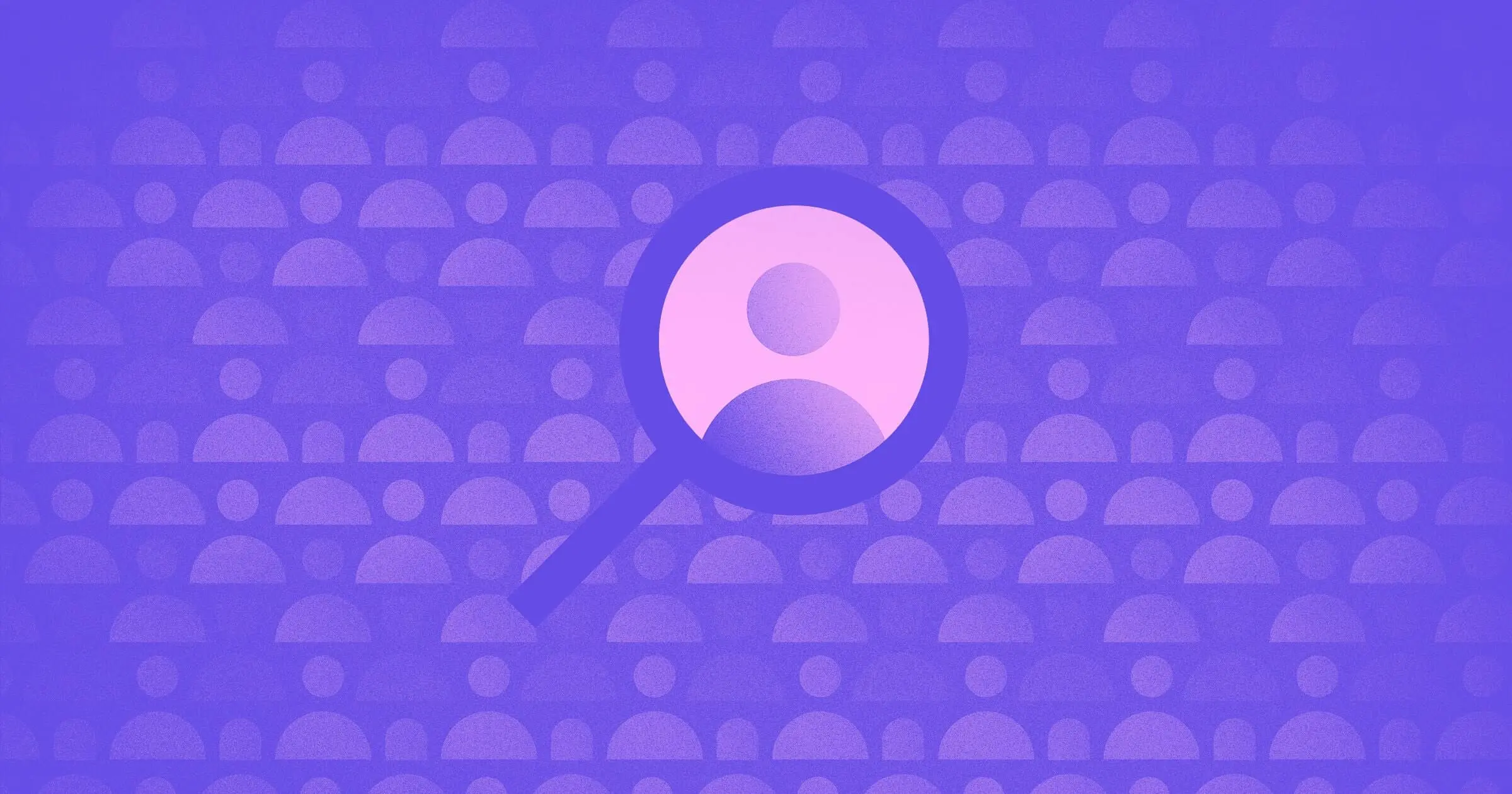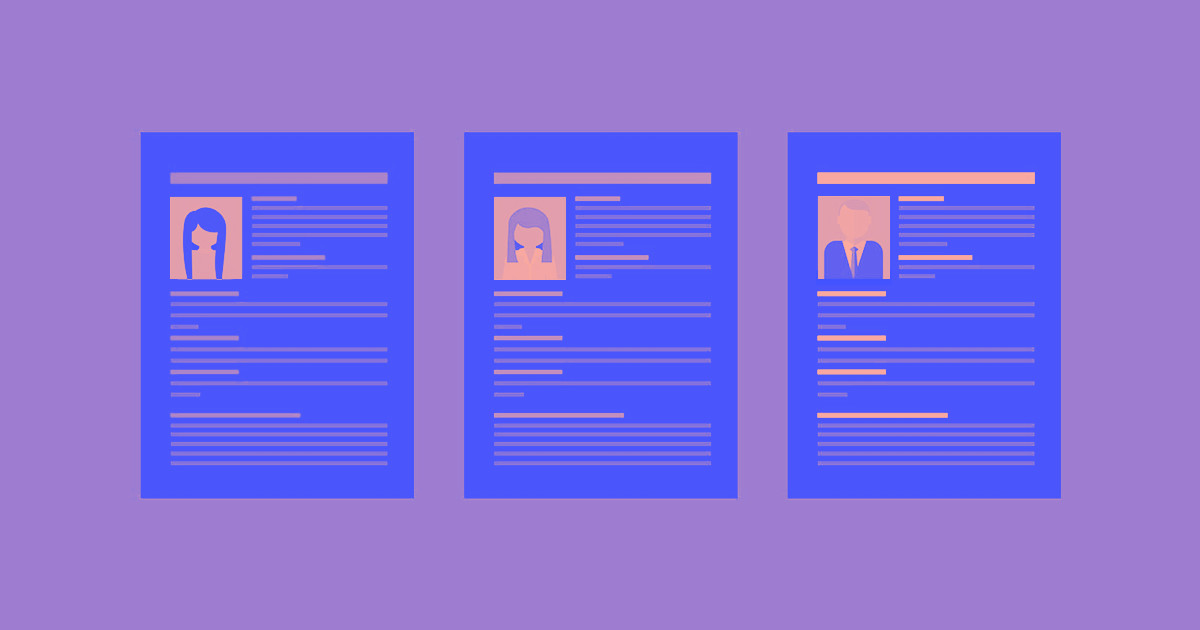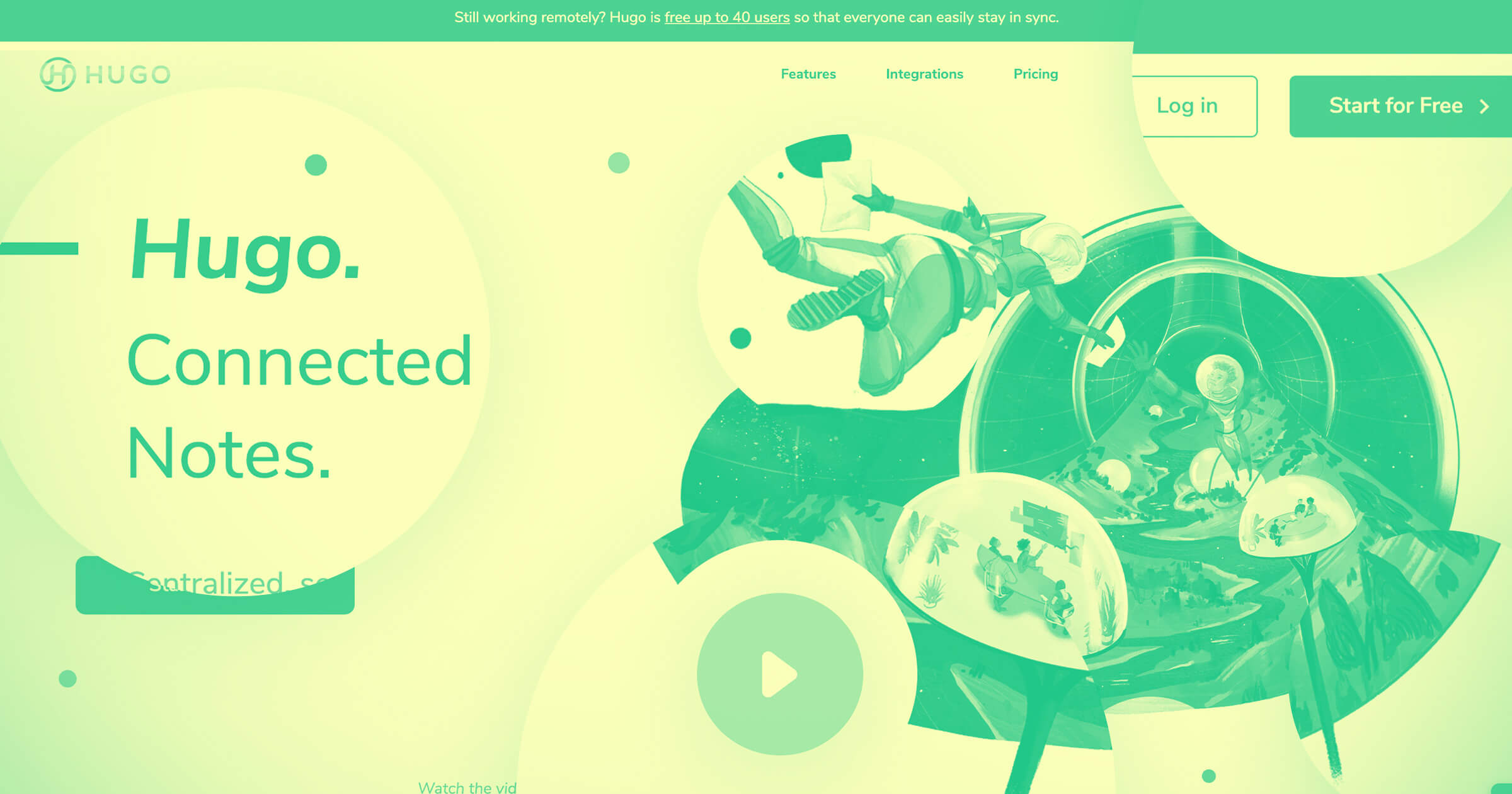If you want the best no-code developer for your organization, you need to know how to interview candidates.
No-code is a new and exciting way of building for the web. It has opened up the field of web development by allowing people from many different backgrounds to build websites without having to be experienced programmers. This has exploded the creative possibilities of web development, but it can also make it hard to know what to look for when hiring a no-code developer.
Matt Varughese of agency 8020 has hired many Webflow developers for his team and has a lot of insight into what makes a no-code developer good at their job and how to figure out who are the truly exceptional candidates. With his assistance, we put together these tips to help you hire the best no-code developer for your business.
What makes no-code developers different?
To evaluate no-code developers, you need to understand what kinds of backgrounds they may be coming from. Traditional developers often have some formal education in code and specialize in specific programming languages. No-code developers, on the other hand, are generalists who have learned a specific tool very well (in this case, Webflow) but come from many diverse backgrounds.
Many no-code developers will actually know some code, and that can help them execute some of the more advanced features you might want in a website. Those who don’t have coding experience will often gain some fluency with coding by using Webflow since the interface allows developers to access the site’s code and make custom changes.
This is what sets no-code developers apart more than anything else — they have to be self-motivated and curious. Matt observed, “I think it's a very refreshing, empowering feeling to be able to make whatever you can imagine … and you can do it all yourself. I think there's some autonomy trait there that people really value.”
To start your candidate-hunting process, he recommends posting your open position on new sites like Flowremote or looking through Webflow Experts.
Choose a freelancer, agency, or in-house developer
There are a few avenues for hiring developers to build or maintain no-code websites. Each has its own pros and cons, and as your company grows, you may want to change your approach.
Freelancer
Freelancers are a great choice for budget-conscious startups. If you find an incredibly skilled freelancer, they will be able to do high-quality work for less money than a full agency. However, hiring the right one can be hit-or-miss, and Matt noted that his agency is often hired on to fix sub-par freelancer work. Proper reference checks and screening are a must. You will also have to adjust your needs to their schedule and may have to battle their other clients for time.
Agency
With an agency, availability is not an issue. “I like agencies if you need a stable, constant person or company that you can call on at any time,” says Matt. You will have an entire team and their diverse skills to call on whenever you need them. For a complex site build, an agency will be the best choice.
The cost of an agency is higher, though, and can be prohibitive if you’re doing frequent small revisions. You will also have to deal with logistics, like getting a statement of work signed with each project.
In-house
Matt recommends, “especially if you're a venture-backed company, I think you should hire a Webflow developer in-house as soon as you can." Having someone with no-code skills on staff is cost-effective (paying a salary vs. agency fees) when you’re making frequent site revisions. A curious and motivated no-code developer will also have diverse skills. For example, they may have experience with other no-code tools for memberships or app building that they will be able to use to benefit your business.
A staff developer may be hard to afford right off the bat if you don’t have backing. Since they are only one person, if needs come up that require a more specialized skill they aren’t familiar with, such as adding a feature to your website that requires writing a specific type of code, you may need to bring an agency or freelancer on board short-term to support them.
Assess their quality as a no-code developer
Look directly at the build of a candidate’s previous websites and their databases. This will always provide more insight into their real-life skills than a resume or cover letter. Talk to them to figure out what kind of worker and teammate they are, so you can find a candidate who is communicative and will work well with the rest of your team.
Check for strong database management skills
Ask candidates about their approach to database management, and look for those who clearly take it seriously and are willing to put in the work to keep their databases organized. “I think databases are the fundamental piece of being a well-rounded no-code developer,” Matt says. Webflow’s CMS is ultimately a database. Google Sheets, Airtable, MySQL, and Firebase (for more code-based projects) are also databases that your interviewee might use when developing a site.
You want the structure of your site’s content to be as clean and organized as the user-facing side of the website. You want a candidate who knows how to set up a database properly and is invested in keeping that database up-to-date and functional. Basic questions about their approach to database maintenance should always be part of the interview process.
Evaluate their site quality
You want your website to be bulletproof in both its front-end and back-end structure, so it ranks well on search, loads quickly, and performs well. To find a developer who can make a site to these standards, you want to look at the quality of their previous work.
Clean class nomenclature makes for a faster, more performant, and better-ranking website. Organized class naming will also enable your company to grow your site and continue to add pages as your business needs grow. A site with messy class structures will often require a full rebuild at a certain point.
Most importantly, creating a site with clean class nomenclature, efficient CSS, and proper database structures demonstrates that the candidate is attentive to detail and willing to put the work in to make a site that is organized and functional behind the scenes, not just on the page.
If your candidate has sent a read-only Webflow link, you can examine their build in the program. Otherwise, you can right-click on any web page to inspect its code. What you’re looking for are organized element names, like container, rather than auto-generated classes like div block 437 that indicate a sloppy build.
If you don’t have a technical background, you can also use Lighthouse to evaluate how clean their site development is.
Webflow is generally pretty performant and sites built in it can usually score well, but they still need to be set up properly. If you enter a URL and see 30 or 40 out of 100, that indicates poor site development. Lighthouse is helpful because it will indicate what specific elements are slowing down the site. This won’t give you the whole picture, but it's a really good start.



















Free ebook: The no-code revolution
Discover the impact the no-code movement will have for the future of makers and businesses.
Look for candidates who can work well with your team
You want to evaluate candidates for their interpersonal skills as well as their technical knowledge in order to find someone who will be pleasant and productive to work with.
Checking references is an obvious step but easily overlooked. Previous clients’ responses can give you information on how easy it was to work with that person (or agency), how responsive they were, and how good they were with change requests, modifications, and revisions. Interpersonal skills are not to be underrated. Open-mindedness, a lack of ego, and a willingness to adapt to a new way of doing things are key traits to look for in any developer.
During an interview, ask questions about how they approach teamwork and how they take critical feedback. You want candidates who are flexible and low on ego, so they can work with your team and adapt to your company’s way of doing things.
See what other tools they know
There is a whole world of additional services that can bring your site to the next level. Having a developer who knows some of these tools will mean you don’t need to bring additional specialists on board to build things like memberships for you. Look for experience with tools like Jetboost, Memberstack, or Softr that add useful features to Webflow sites.
Look for candidates who are always learning
Ask what specialties or projects a developer is currently playing with or learning about. They might be jumping into a coding language, playing with new tools, or working on a personal side project. Look for experience with tools that are newly developed, in particular. “No-code is changing all the time ... If you don't stay up to date, you're gonna fall behind. So being open to new tools, new ideas, new ways of doing things is super important,” Matt emphasizes.
You want a developer who has a desire to stay on the cutting-edge and can keep your website current. A willingness to say, “I'm not an expert on this tool, but I've started playing around with it,” shows that they are interested in going outside of their traditional bubble and pushing themselves.
Attract skilled no-code developers by giving them opportunities to learn and play
A skilled no-code developer is going to be very in-demand, so you want the position you’re offering to be competitive.
The best way to make sure you can attract and keep the absolute best candidates is to make sure that they have the time and space to work on passion projects, develop side interests, and learn the newest tools and techniques.
The best no-code developers are the type who are eager to learn. Give them development opportunities, education, and time to play with side projects. 8020 just finished an experiment with a four-day workweek, dedicating time each Friday for their developers to work on their own skills. The program was incredibly successful, and the result was happier and, ultimately, more skilled developers for the agency.
Offering dedicated time for exploration, learning, and keeping skills up-to-date will not only help you retain the best no-code developers, but it will also directly benefit your website by keeping it updated and cutting-edge.
































